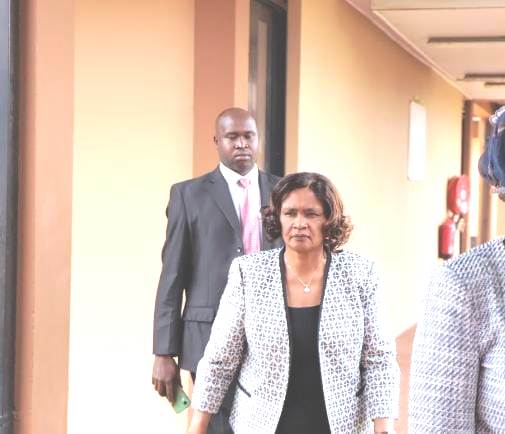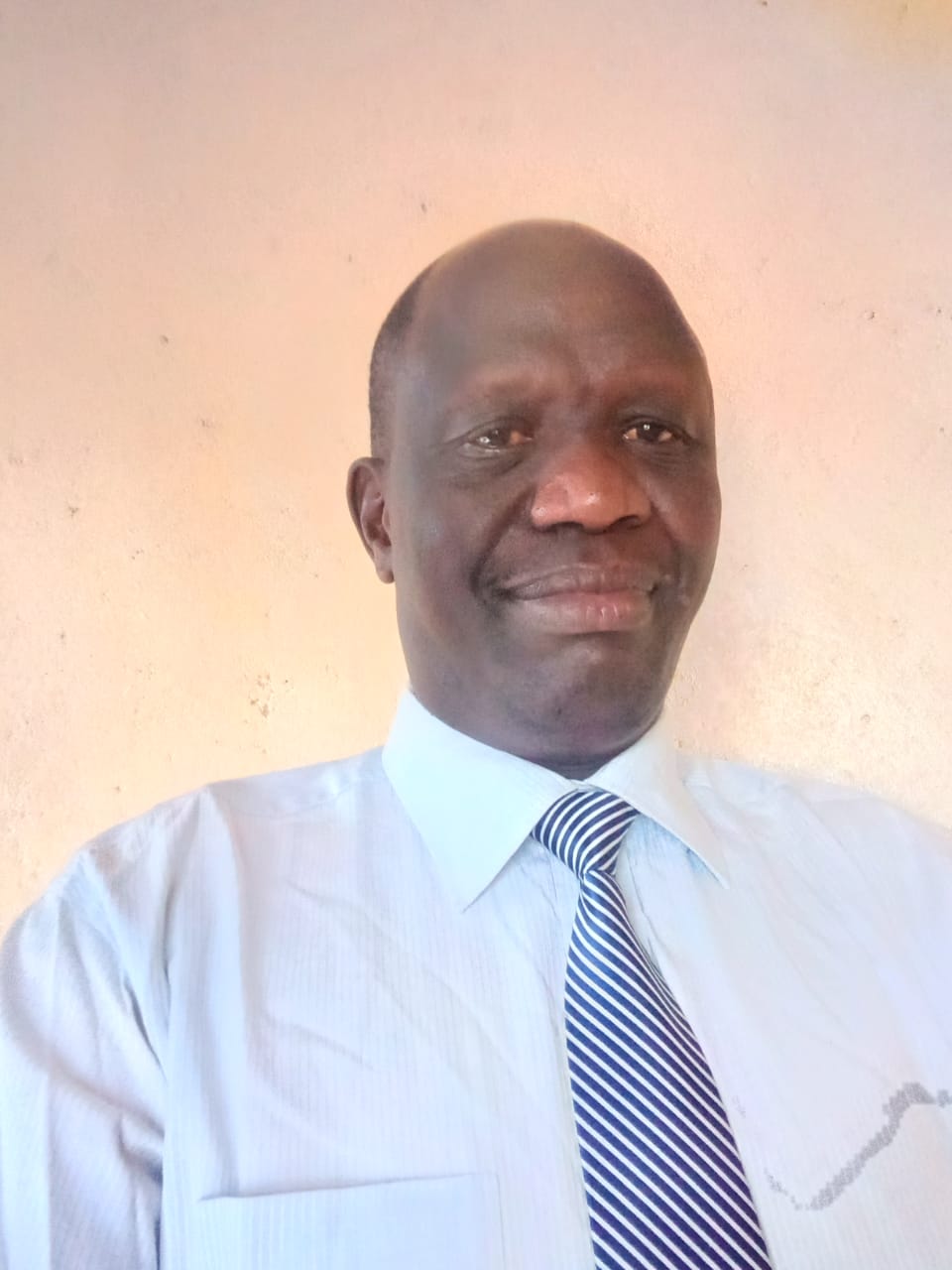Kenya’s teacher education framework continues to face structural challenges that hinder its ability to support the Competency-Based Curriculum (CBC) and inclusive, technologically integrated instruction. Ibrahim Hish Adan, former Regional Director for the Teachers Service Commission (TSC) in North Eastern Kenya, presents a critical review of these issues in his July 2025 publication.

At the heart of the problem is the disconnection between curriculum content and classroom practice. Pre-service training programs remain rigid and outdated, with theoretical modules and obsolete learning materials dominating the training process. This leaves new teachers ill-prepared for practical engagement with learners under the CBC, which emphasizes skills acquisition, learner-centered instruction, and adaptability.
Many teacher training colleges have not transitioned to modern methodologies that align with the CBC, making the shift from content mastery to competency-based learning difficult. The situation is further worsened by inconsistent curriculum standards, training durations and assessment methods across various institutions, including public universities, TTCs and private colleges. Oversight of private training institutions is especially weak, leading to concerns about quality assurance and accreditation.
In-service training, while recognized as essential, remains inaccessible to many educators. Although the TSC has a policy for Continuous Professional Development (CPD), its implementation has been delayed by legal disputes and mistrust among stakeholders. Teachers working in marginalized and rural areas face even greater hurdles such as inadequate funding, unreliable internet access and limited digital skills, making online CPD programs difficult to implement effectively. This unequal access further widens the development gap between teachers in well served and underserved regions.
ALSO READ:
Over 25,000 promoted teachers still await TSC letters months after official list was released
Inclusive education remains insufficiently addressed in teacher preparation programs. Training institutions often provide only limited exposure to inclusive practices, leaving teachers unable to support learners with special needs effectively. Special Needs Education (SNE) programs are both scarce and underfunded, and this neglect undermines national goals for equality and accessibility in education.
In evaluating teacher performance, the TPAD (Teacher Performance Appraisal and Development) system introduced by TSC in 2016 has not met its full potential. While the system was intended to promote self-reflection and guide professional growth, it has become overly bureaucratic. Many teachers treat appraisals as a formality, failing to use them as tools for identifying development gaps.
There are widespread concerns about the accuracy and fairness of TPAD results. Teachers report bias in the appraisal process, with common errors such as leniency and central tendency affecting credibility. Additionally, the system’s heavy administrative demands distract from teaching time. In many cases, appraisal reports are not used to inform professional development due to limited resources and weak institutional capacity at the school level. Resistance from teacher unions, citing fears of punitive use and excessive documentation, has further hindered the tool’s effective implementation.
The system suffers from a lack of evidence-based feedback. The TSC has not established a dedicated research and monitoring unit to gather data on teacher performance, CPD effectiveness, or training quality. Without reliable data, decisions about recruitment, professional development and deployment are made in the absence of evidence, making reforms less effective and responsive to real classroom conditions.
ALSO READ:
Students aren’t asking for perfect teachers, just those who understand them
Political interference significantly undermines the stability and effectiveness of Kenya’s teacher education system. Frequent policy changes, driven by shifting political interests rather than long term strategy, result in instability in curriculum, training standards and certification processes. These changes disrupt planning, delay implementation, and discourage institutional innovation.
Resource allocation is often politicized, with funding redirected away from vital areas such as CPD, SNE programs, and infrastructure upgrades for training institutions. This short-term, politically motivated approach hampers long-term planning and weakens the entire education reform agenda.
Teacher motivation remains low due to ongoing issues such as poor working conditions, limited career progression, lack of recognition and professional burnout. These conditions erode morale and limit the success of development initiatives. Teacher unions, which could be instrumental in supporting professional growth, often focus exclusively on labour disputes and industrial matters. Their influence, though important, tends to overshadow broader goals of quality education and learner outcomes.
Affirmative action, which is constitutionally mandated to support marginalized communities, has not been implemented consistently or transparently in teacher education. The absence of a clear framework leads to confusion and undermines its intended impact. A recent case involved the denial of promotions to over 1,800 teachers in the ASAL region due to discriminatory assessments by a parliamentary committee. Such incidents deepen historical injustices and foster resentment in marginalized areas.
ALSO READ:
KICD denies loss of Sh540 million, blames textbook audit issues on NEMIS data errors
There are also cases where religious freedoms have been violated under education policy. The reported disallowance of Muslim girls from wearing hijabs in public schools contradicts constitutional protections under Articles 27 and 32, raising questions about inclusivity and legal compliance in the teaching profession.
To address these deeply rooted issues, Adan recommends a comprehensive overhaul of teacher education policy focused on quality, equity and sustainability.
Pre-service training must be recalibrated to meet CBC demands. This includes adopting competency-based instructional methods, increasing the length and depth of supervised teaching practice and providing mentorship opportunities for trainees. Training institutions must upgrade their facilities and learning resources to support this shift.
A unified national framework should be developed to standardize curriculum content, course durations and assessments across all teacher education institutions. The Kenya Teacher Training College (KeTTC) should be empowered as the main regulatory body to oversee quality assurance and accreditation.
In-service professional development needs to be more accessible and targeted. Decentralizing CPD to Teacher Resource Centres (TRCs) would enable regional access, while hybrid learning models can provide flexible training options. Participation should be incentivized through clear career growth paths and aligned with a refined skills gap analysis to ensure relevance.
ALSO READ:
Good news as TSC to pay July salaries with CBA increments by end of this week
Inclusive education should become a core component of both pre-service and in-service training, with increased investment in Special Needs Education to promote equity. Institutions should equip teachers with the knowledge and confidence to support diverse learners.
The TPAD system should be re-engineered to function as a development tool rather than a compliance exercise. Simplifying the appraisal tool, training teachers on meaningful self-evaluation and automating data collection will improve accuracy and reduce administrative burden. Establishing a Teacher Education Research and Monitoring Unit within the TSC would ensure appraisal results inform curriculum design, CPD offerings and resource planning.
Teacher welfare must be enshrined in policy through comprehensive strategies that recognize innovation and performance. Fair rewards, better working environments and support mechanisms can help retain and motivate educators.
Collaborative engagement with teacher unions should be institutionalized to align their roles with professional development goals. This would involve regular forums and the inclusion of CPD provisions within Collective Bargaining Agreements.
ALSO READ:
Policy alignment is essential across the TSC, Ministry of Education and the Kenya National Qualifications Authority (KNQA) to prevent conflicts and ensure consistent standards in recruitment, training, and certification.
A legally binding and transparent affirmative action policy must be developed, clearly outlining criteria and implementation guidelines in line with Article 56 of the Constitution. This framework must be enforceable and measurable to ensure that equity goals are met.
Finally, legal and human rights education should be embedded in teacher training programs. Schools should adopt rights policies, and educators must be trained in culturally responsive teaching methods. Marginalized communities should be actively involved in shaping education policy to ensure inclusive and respectful learning environments.
Adan concludes that transforming Kenya’s teacher education policy is both a constitutional obligation and a strategic necessity. Real change will depend on coordinated action from the Ministry of Education, TSC, KeTTC, universities and TTCs, backed by legal frameworks like the Constitution of Kenya 2010, the Basic Education Act and Vision 2030. By investing in research, teacher welfare, inclusive practices and continuous development, Kenya can build a teaching workforce ready to meet national priorities and global commitments such as the Sustainable Development Goals.
Re-write by Benedict Aoya
You can also follow our social media pages on Twitter: Education News KE and Facebook: Education News Newspaper for timely updates.
>>> Click here to stay up-to-date with trending regional stories
>>> Click here to read more informed opinions on the country’s education landscape





